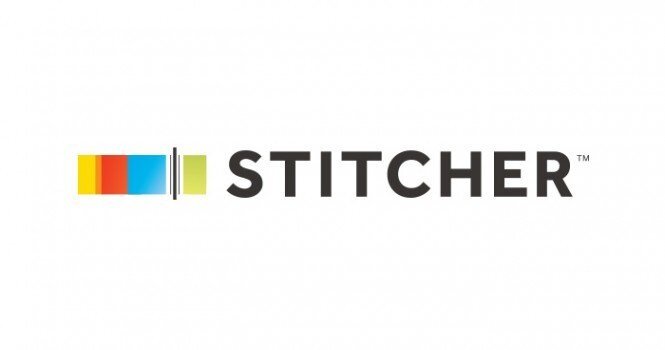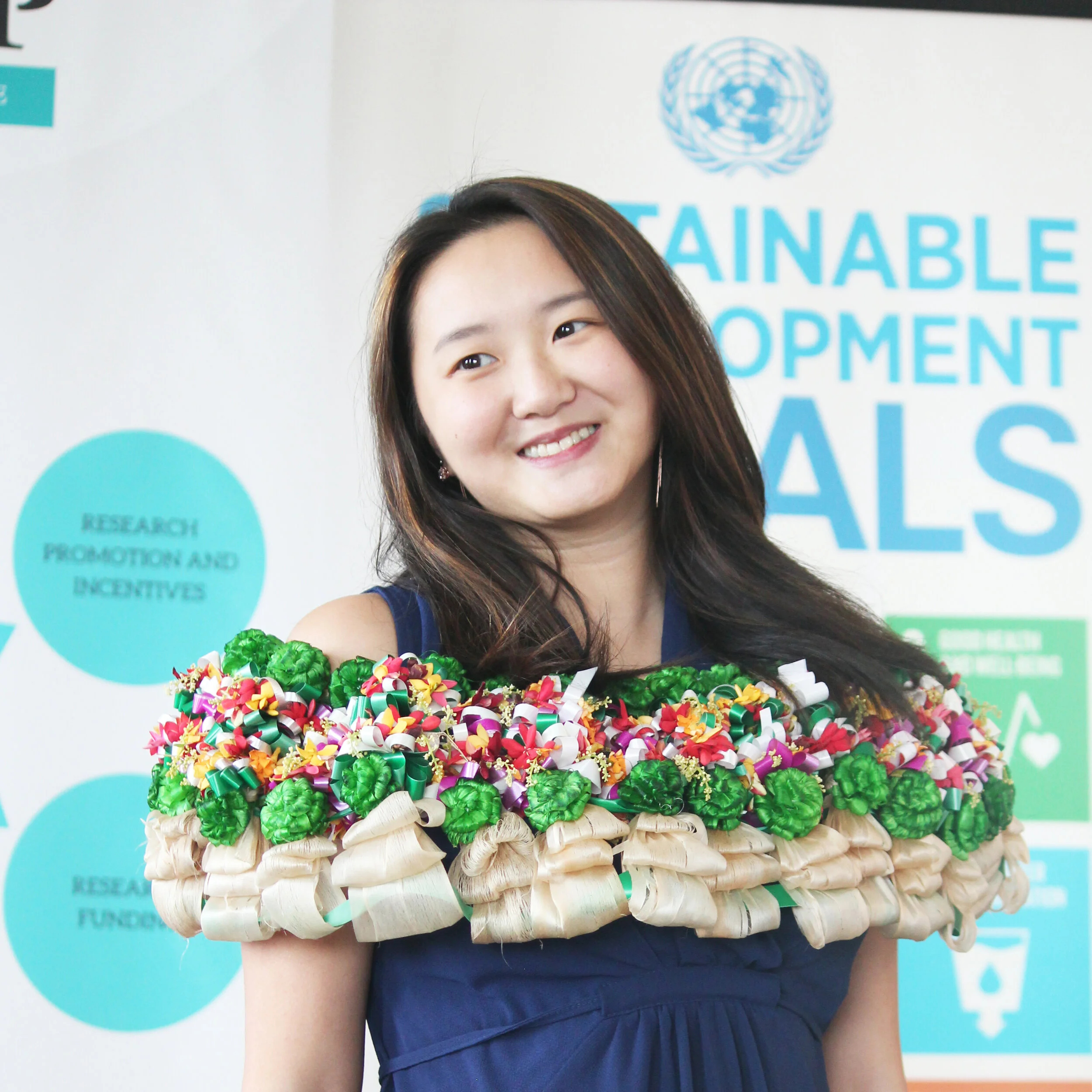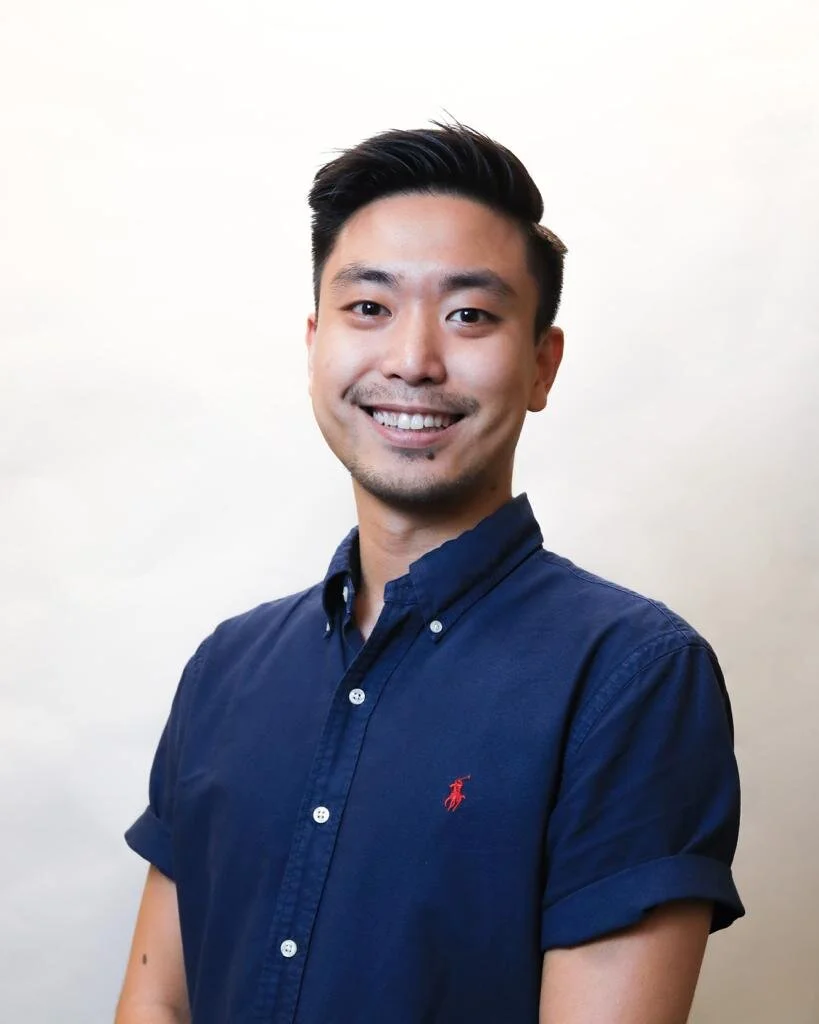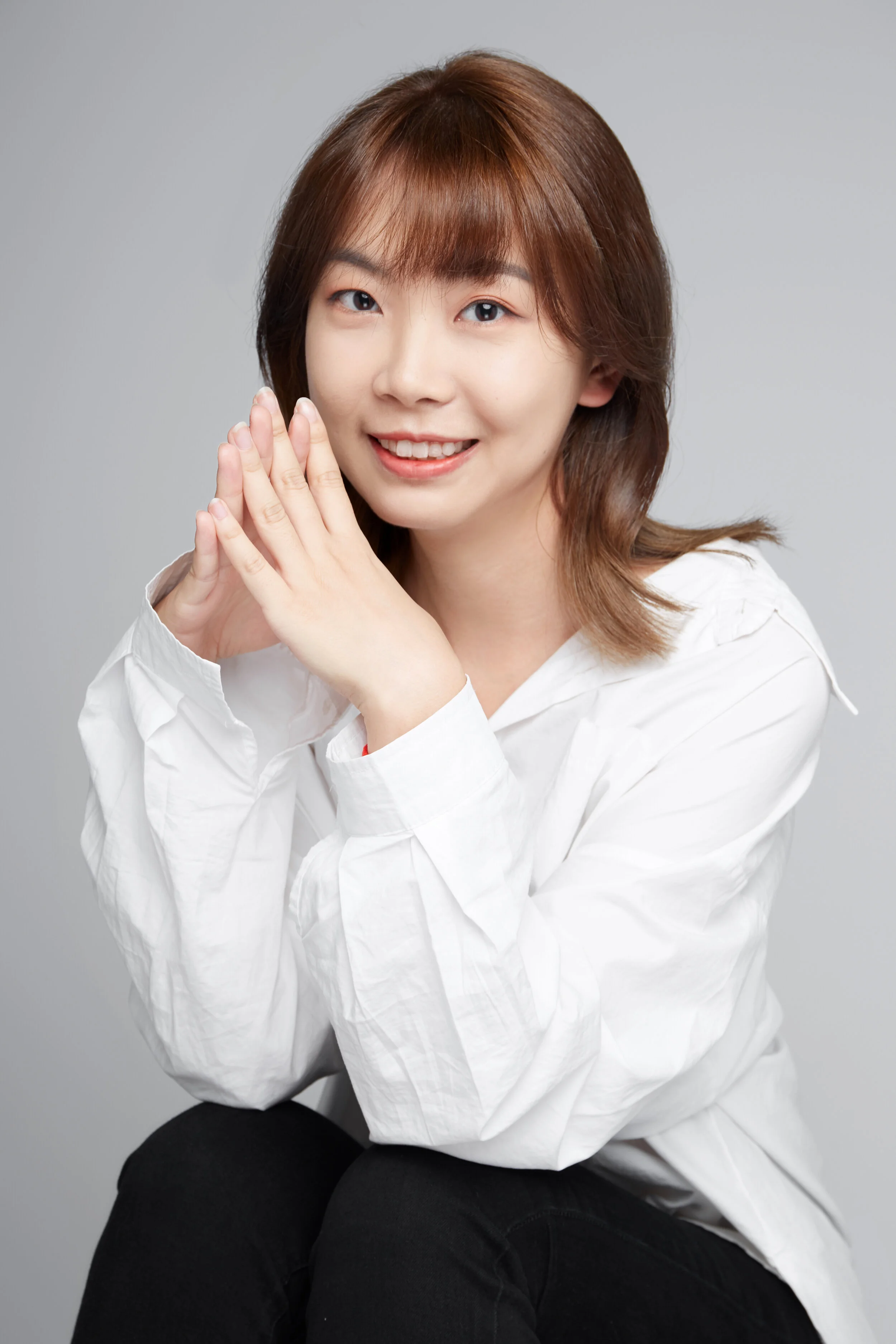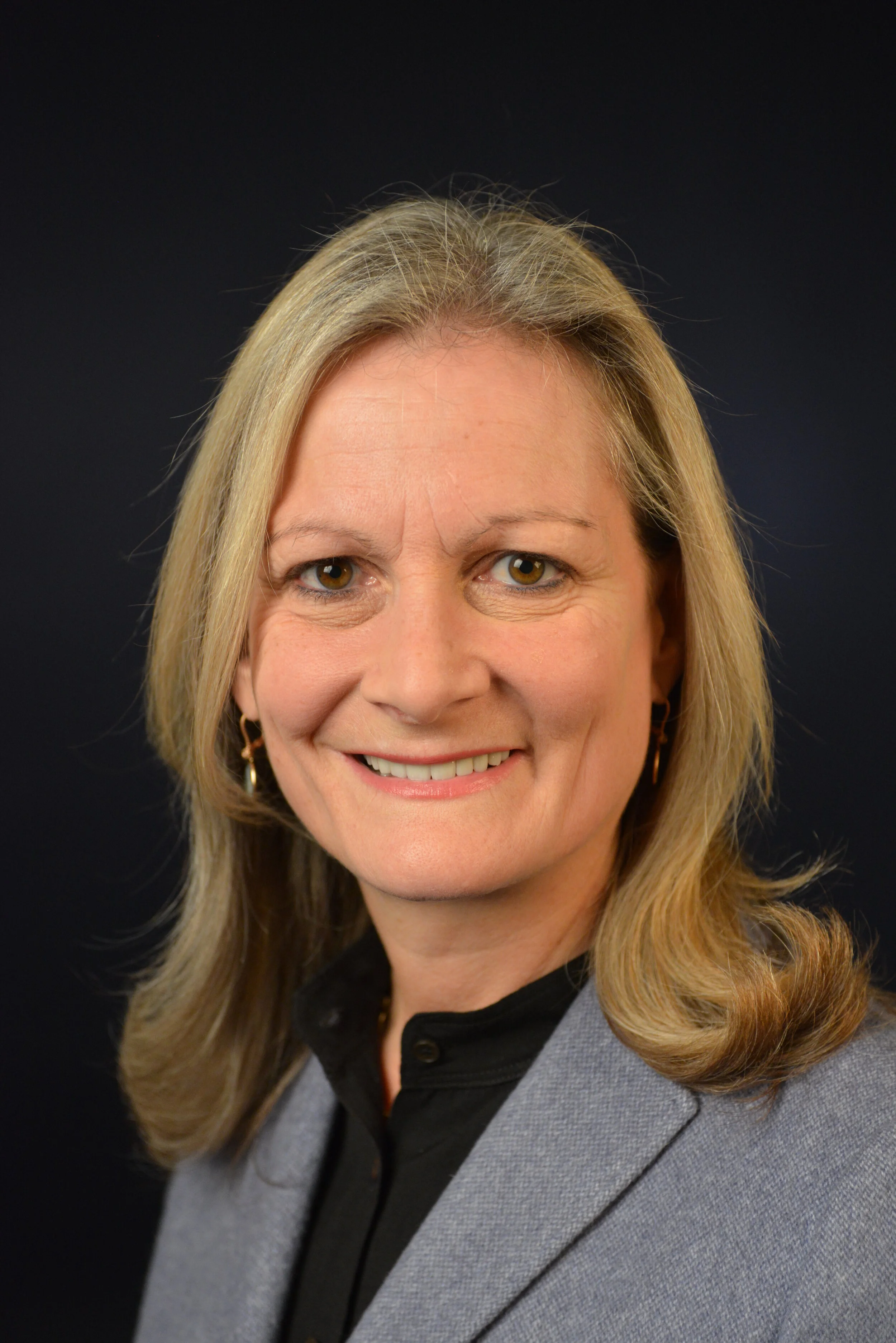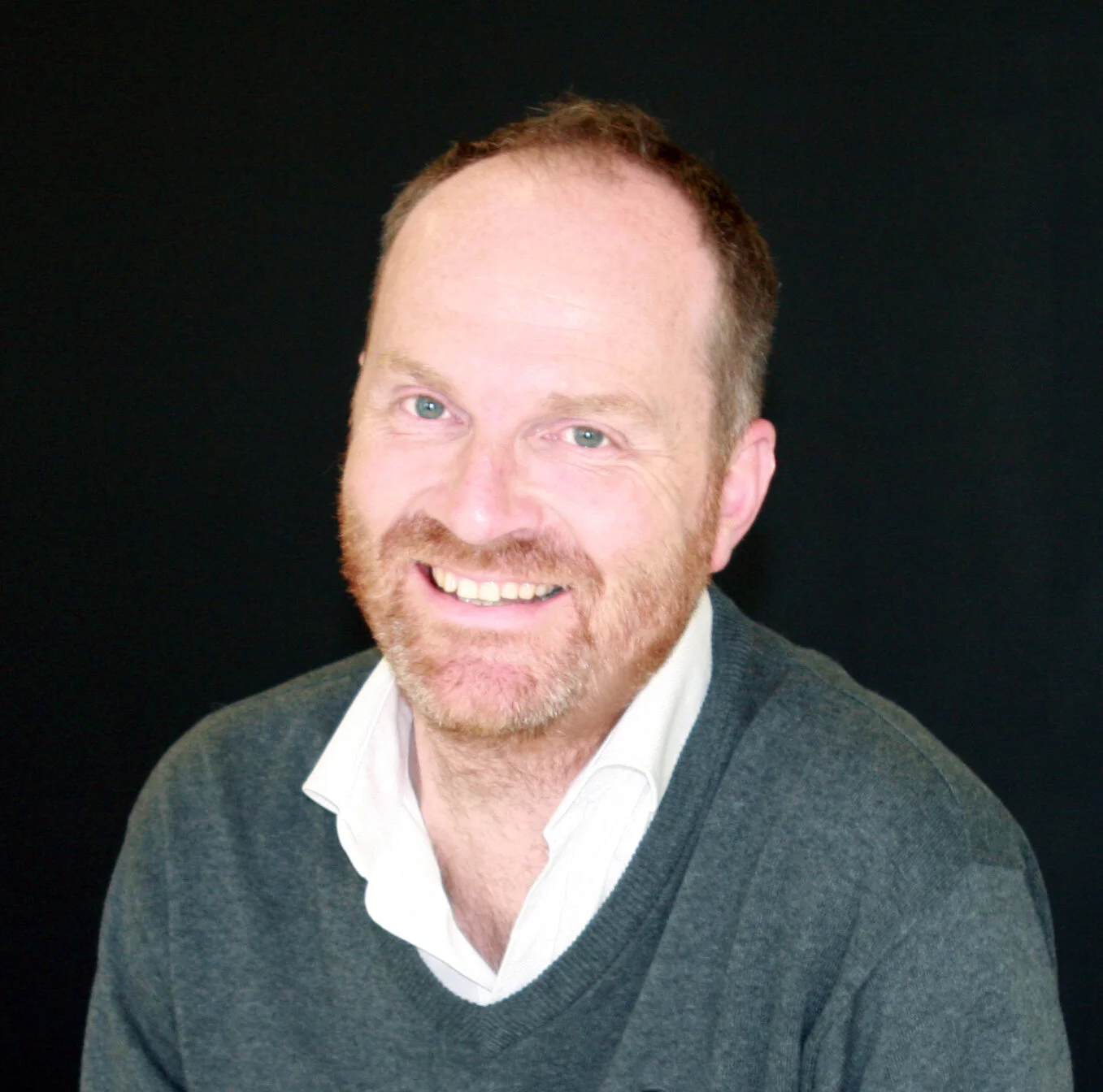Cristi Hegranes – Journalism for Development: The Woman Disrupting Global News & Traditional Media for Social Impact
I’m sure you’re aware that most of the world’s news coverage from developing countries centres around 4 topics: war, poverty, disaster, & disease. That’s where Global Press comes in.
Global Press exists to pave a new way forward for international journalism. Acknowledging the flaws and limitations in both foreign correspondence and citizen journalism, Global Press offers a powerful third way. Global Press Institute (GPI) trains women in developing media markets around the world to be ethical, investigative, feature journalists. After completing the Institute’s 24-module training program, trainees are employed as professional reporters at Global Press Journal. At the Journal, reporters cover the topics of their choice, supported by a sophisticated editorial structure that offers deep insight, extraordinary context and complete accuracy. Once complete, local language and English versions of stories are published on the Journal and distributed via Global Press News Service, the syndication division of Global Press.
Global Press Journal’s coverage takes a much fuller picture of the developing world
In this episode we chat with Cristi Hegranes, Founder of Global Press. I first met her when she came to Singapore as a Finalist for Project Inspire when I was leading the program in 2013 and was immediately blown away by how confident, extremely capable and savvy she was and have followed her journey since. She has received a wide range of prestigious social entrepreneurship and journalism accolades. She is the recipient of the Grinnell College Young Innovator for Social Justice Prize, the Jefferson Award for Public Service, the Society of Professional Journalists Journalism Innovation Prize, a New Media Web Award, a Clarion Award for Investigative Journalism, and a Lifestyle Journalism Prize. She was also recently awarded the 2015 Distinguished Young Alumni of New York University.
In this interview, we’re going to hear about how and why she started, how it works and the impact of Global Press so far. We’ll also hear about how she developed a new business model for international journalism through Global Press News Service, a state-of-the-art syndication service that enables GPI to magnify its social impact and drive revenue from the sale of GPJ news content to media organizations, corporations, and NGOs. GPNS meets a market need by providing professional, diverse, affordable international news content to its partners. Let’s get in to the interview and hear from Cristi about how it all works.
I’m keen to hear what your thoughts are after you’ve had a listen!
Favorite quote from episode:
“Change rarely comes in predictable packages” – Cristi [09:35]
People/ items mentioned in this episode:
Global Press Eats - Congolese Rat Recipe
Female Students Claim Discrimination Over Short Hair Policies at Some Uganda Schools
Get in contact with Cristi on Twitter and check out Global Press Institute and Global Press Journal on Twitter, Instagram and Facebook.
Show Notes
What is Global Press? [05:06]
Cristi explains more about the how the Global Press training program works [14:00]
How does Global Press ensure the safety & security of their journalists reporting from countries where freedom of the press or women working may be an issue? [22:40]
How does Global Press measure impact? And what is the Hopefulness Index? [26:20]
“We’re not in the reactive storytelling business. Whereas, a lot of mainstream media chooses to exist in the 24-hour news cycle - they are constantly reacting to the day’s event. And we’re a proactive news organisation, so we’re talking about stories that you might not know about.” [31:40]
“We want the world to understand that these reporters are well trained. They go through a very robust editorial process” [34:00]
“We’ve long covered the women of the world as recurring victims in their own environment. So, to say actually, a woman in the middle of the Democratic Republic of Congo is not a victim of living in the rape capital of the world and broken political systems, she’s actually a change maker and she’s powerful, and she’s using the tools of ethical journalism to change the narrative and to change minds. And that’s what it ultimately comes down to, is that the world understands the power of local women and that we have a very flawed assumption that white men should be the ones telling the stories of the world.” [34:40]
“We’re constantly committed to quality, we’re constantly committed to accuracy and becoming the best storytellers in the world in the communities that we cover. And once we can solidly say we’re the best and convince the world that we’re the best then the gender of our reporters will just cease to matter. And then they’ll just be the best. They won’t be the best women journalists, they’ll just be the best. And that’s the goal.” [40:30]
“If you have an idea, just do it. You’re not changing any lives just thinking and plotting.” [44:40]
Three Things [47:50]




